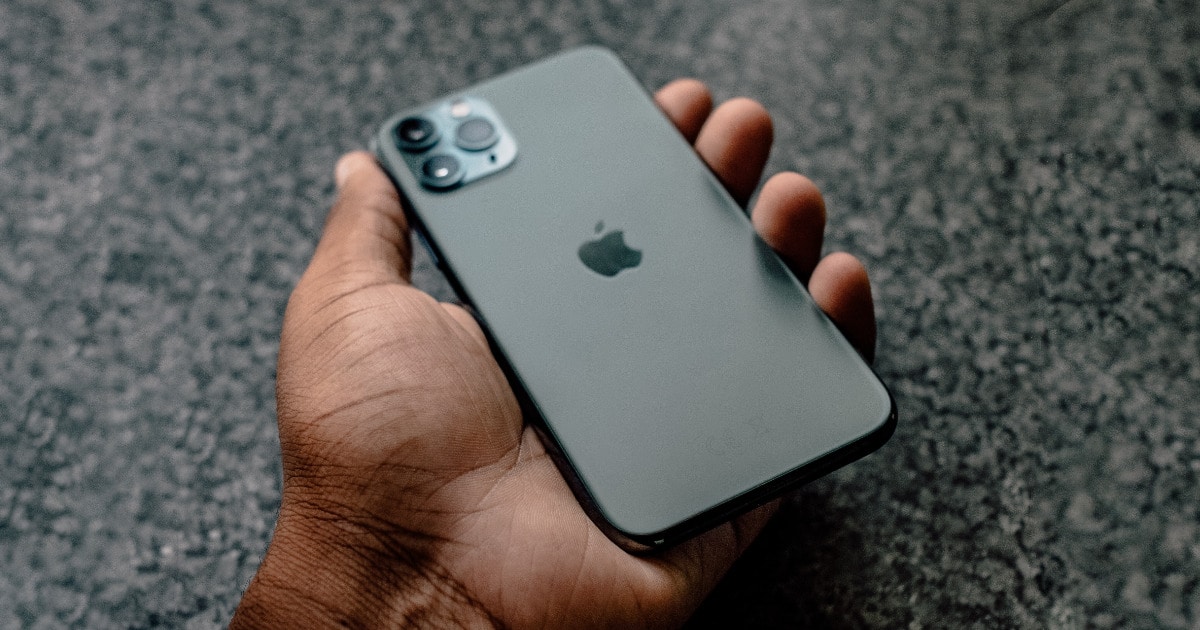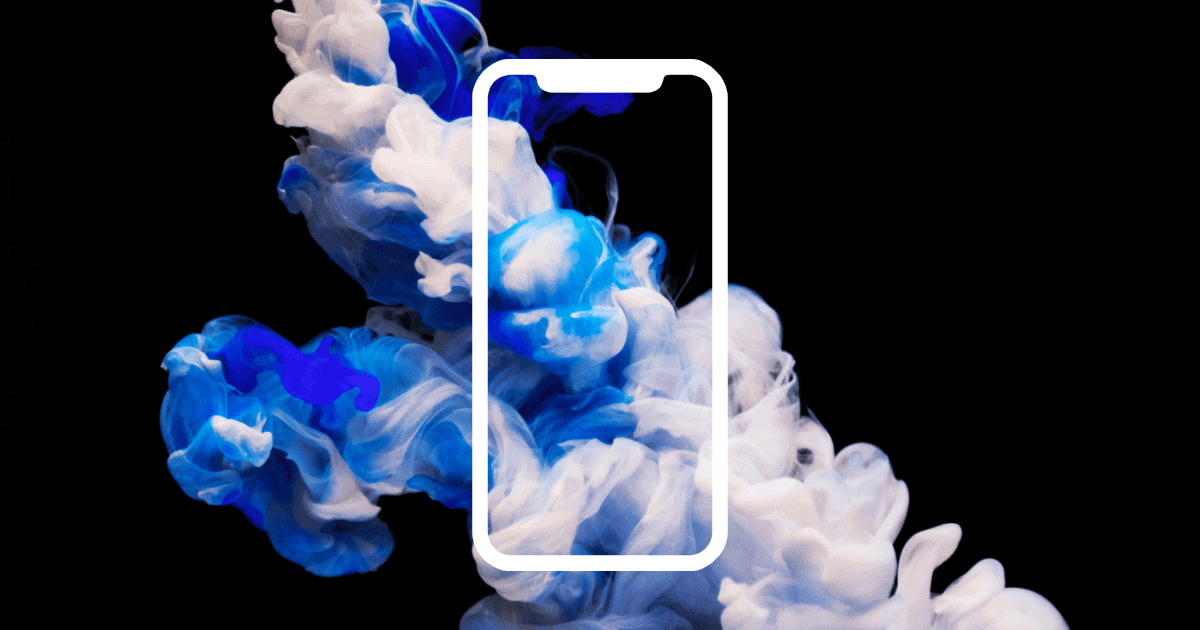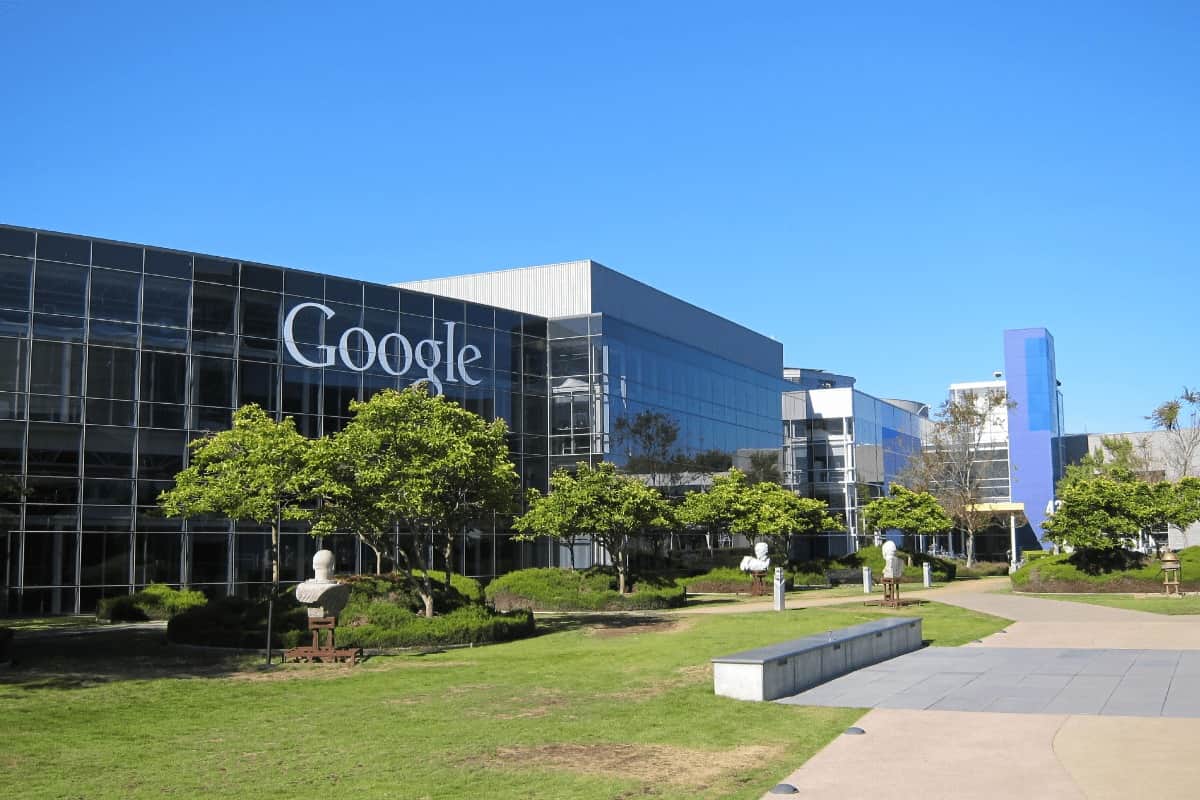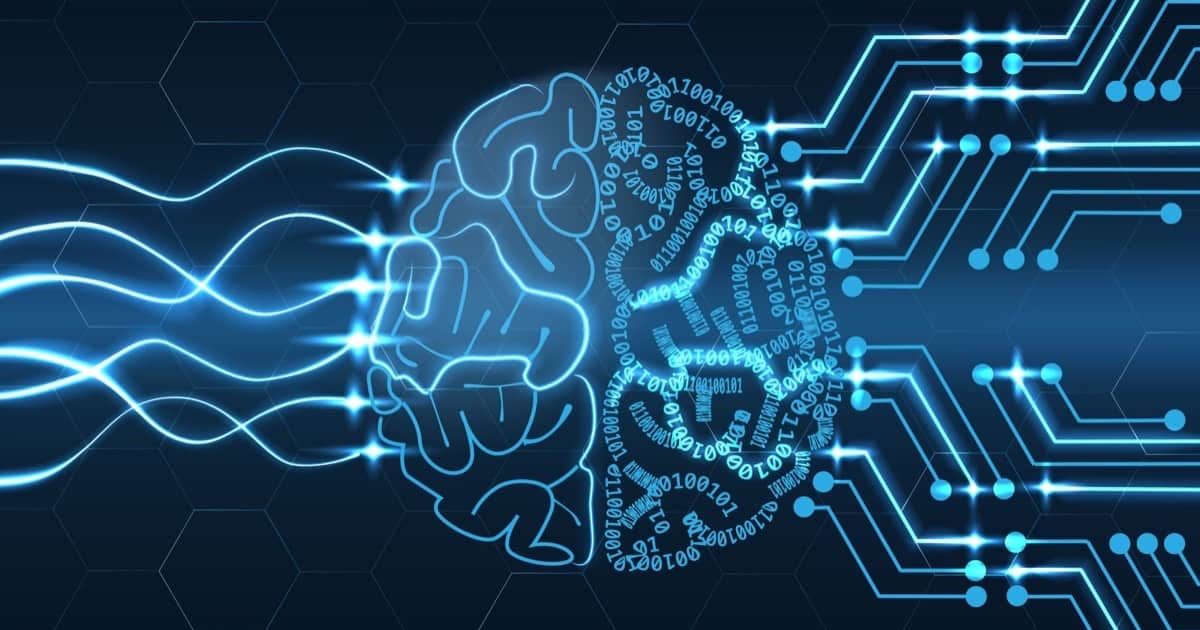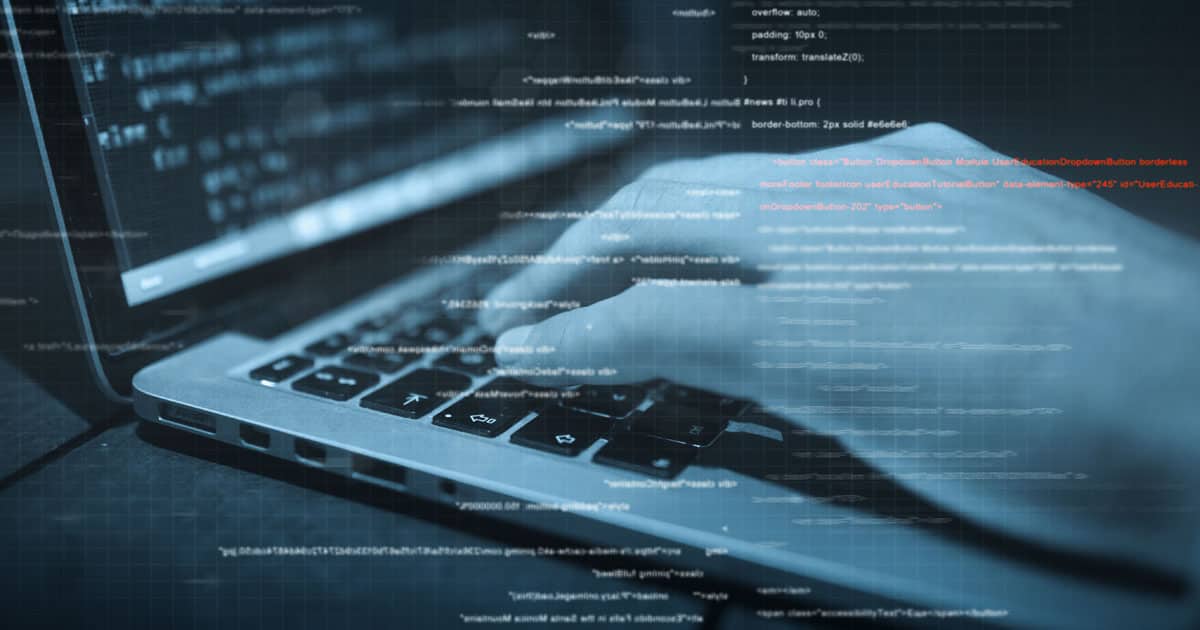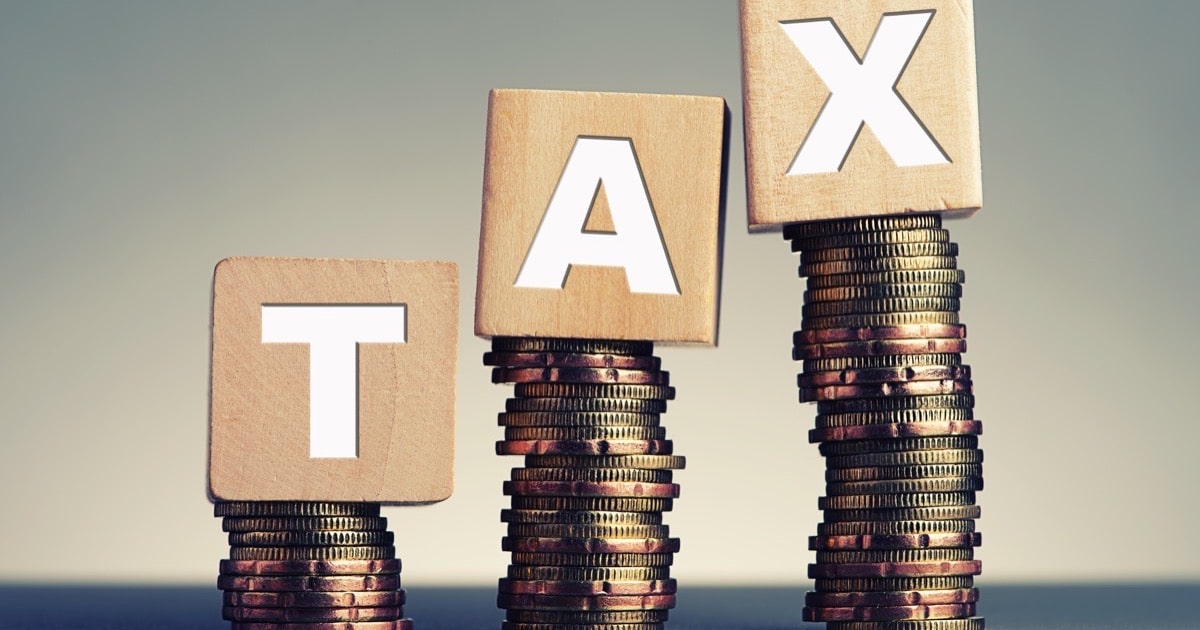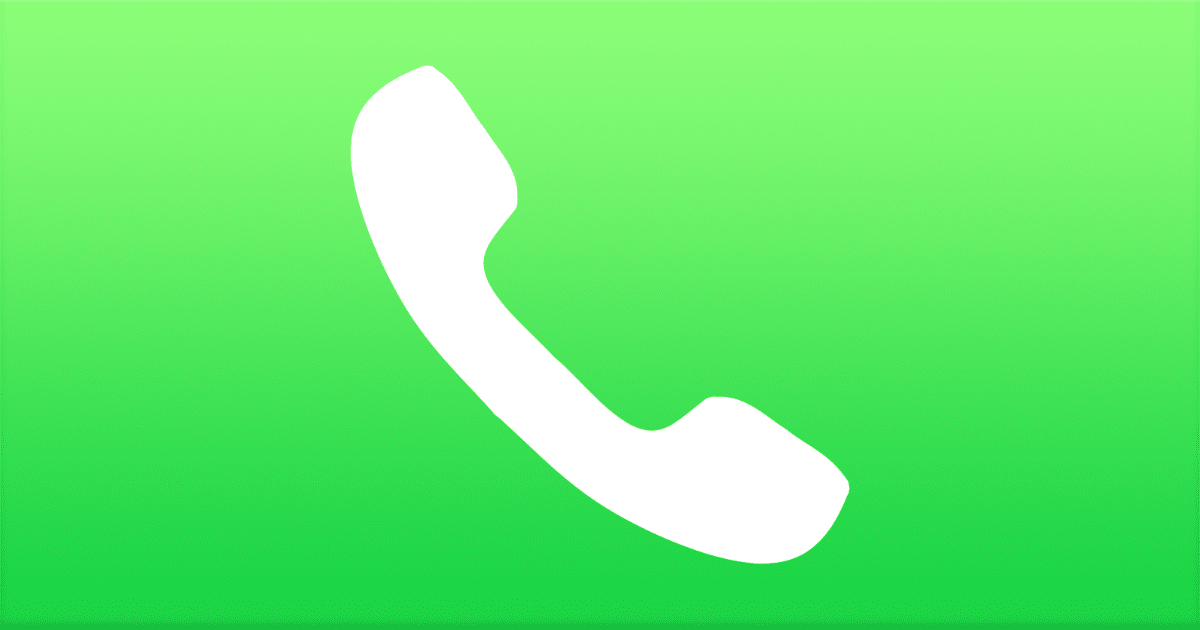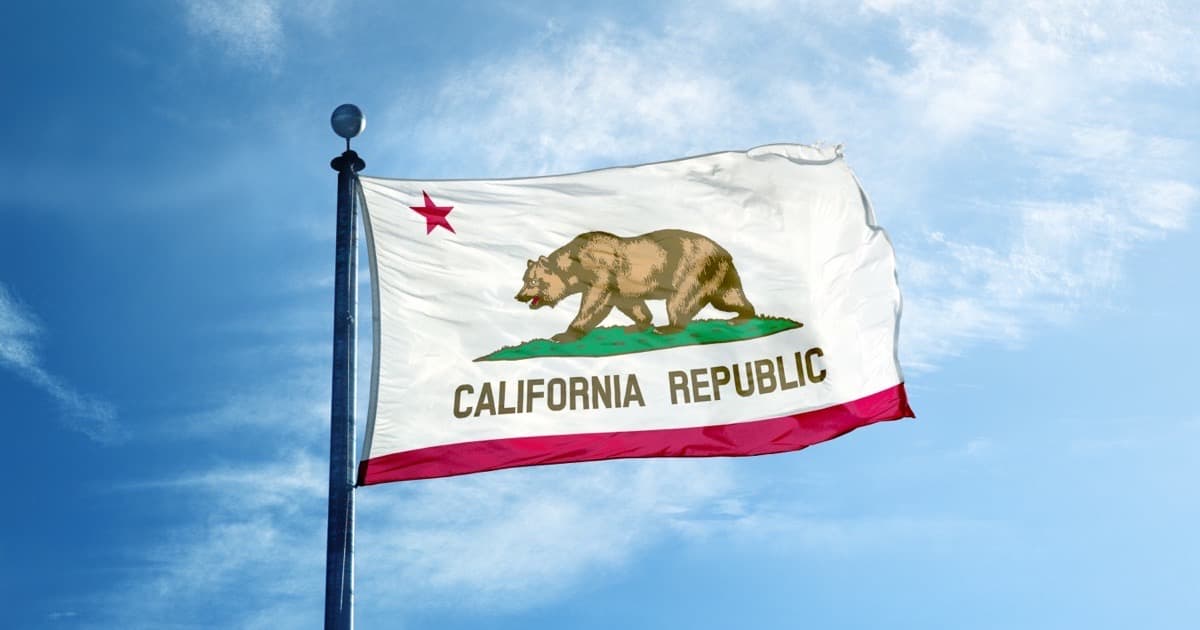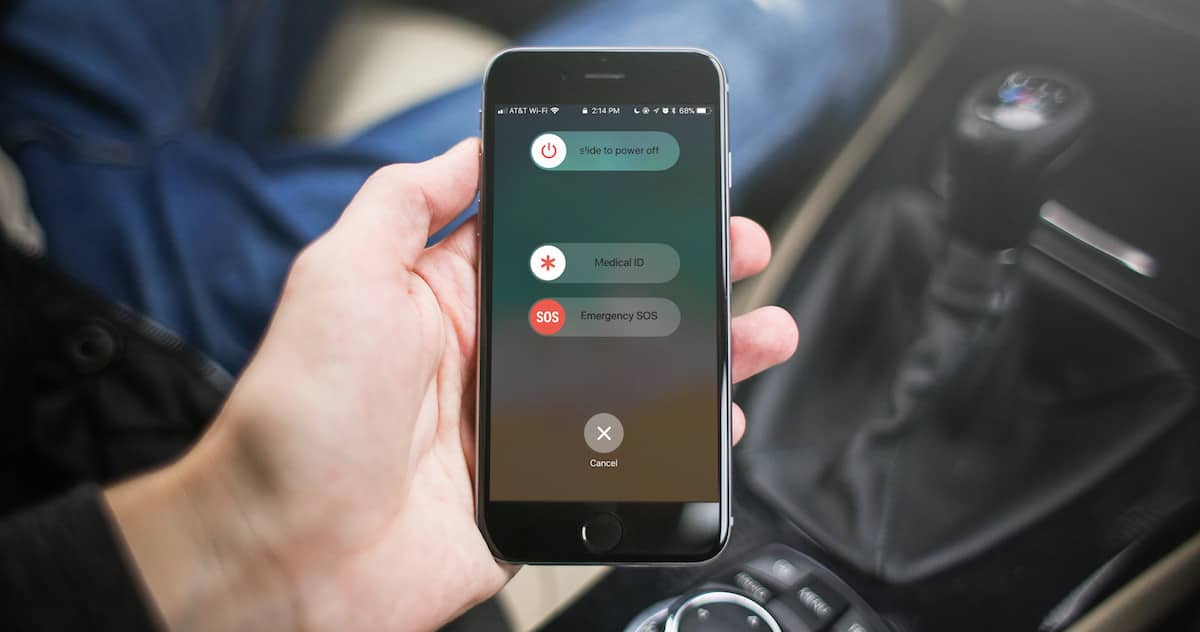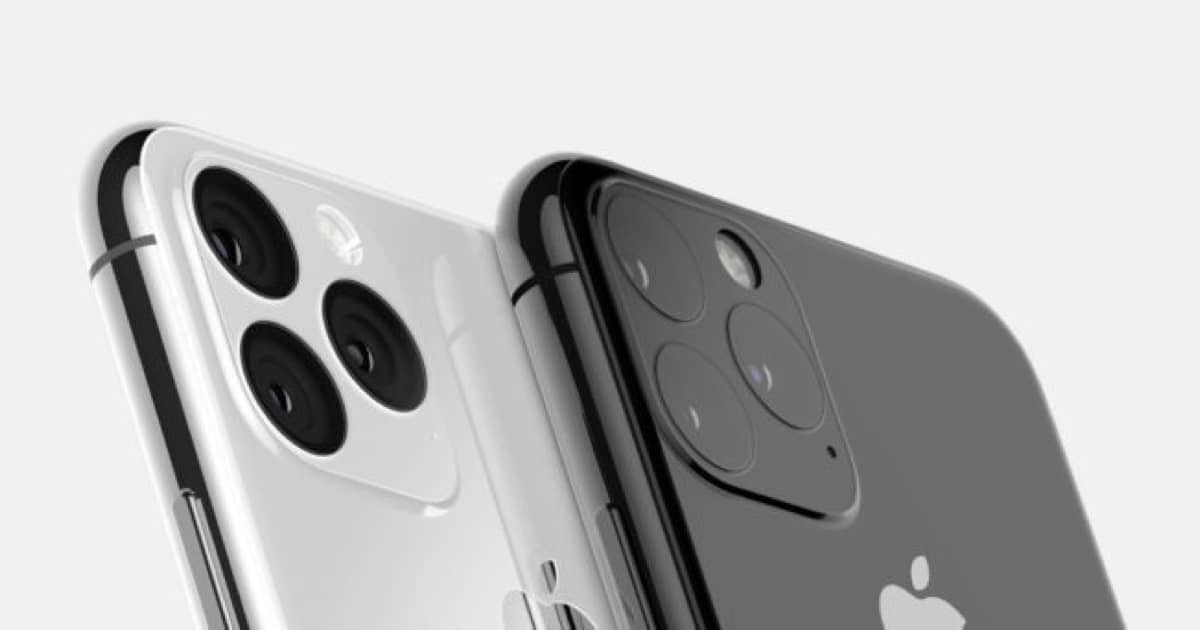Researchers at the University of Rochester created a computer that uses 32 DNA strands to store and process information. It can calculate the square root of square numbers 1, 4, 9, 16, 25 and so on up to 900.
To start, the team encodes a number onto the DNA using a combination of ten building blocks. Each combination represents a different number up to 900, and is attached to a fluorescence marker.
The team then controls hybridisation in such a way that it changes the overall fluorescent signal so that it corresponds to the square root of the original number. The number can then be deduced from the colour.

